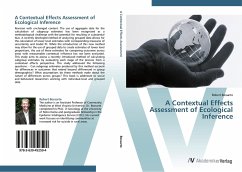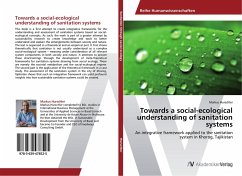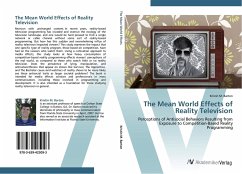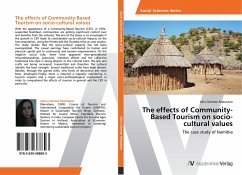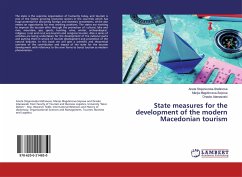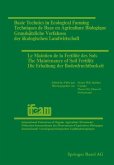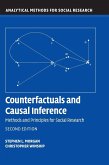Revision with unchanged content. The use of aggregate data for the calculation of subgroup estimates has been recognized as a methodological challenge with the potential for resulting in substantial bias. A recently developed method of analyzing grouped data allows for the calculation of lower level estimates with corresponding measures of uncertainty and model fit. While the introduction of this new method may allow for the use of grouped data to create estimates of lower level proportions, the use of these estimates for comparing outcomes across areas with measureable contextual influence has not been evaluated. This study aims to assess a recently introduced method of calculating subgroup estimates by evaluating each stage of the process from a contextual effects perspective. This study addressed the following questions: - Can subgroup estimates produced by this method account for differences in outcomes that extend beyond differenced in group demographics? What assumptions dothese methods make about the nature of differences across groups? This book is addressed to social and behavioral researchers working with individual-level and grouped data.
Bitte wählen Sie Ihr Anliegen aus.
Rechnungen
Retourenschein anfordern
Bestellstatus
Storno

